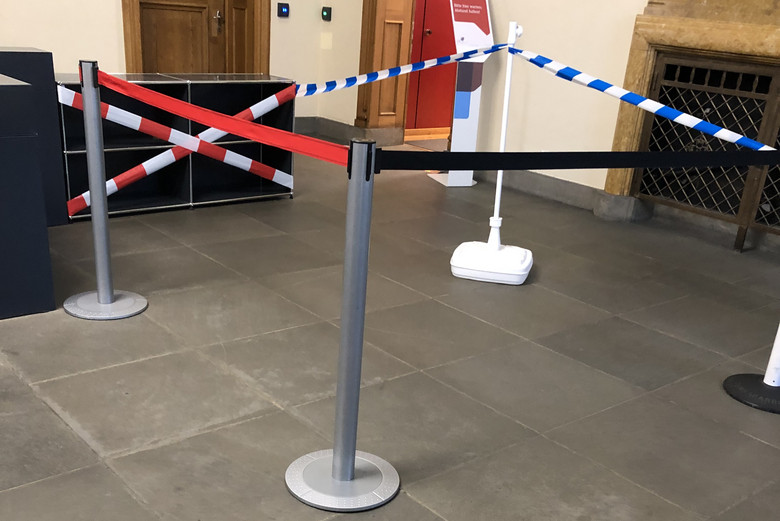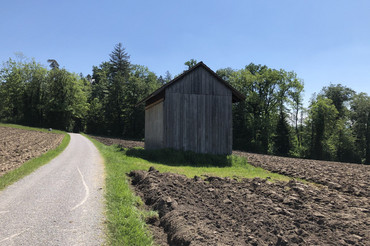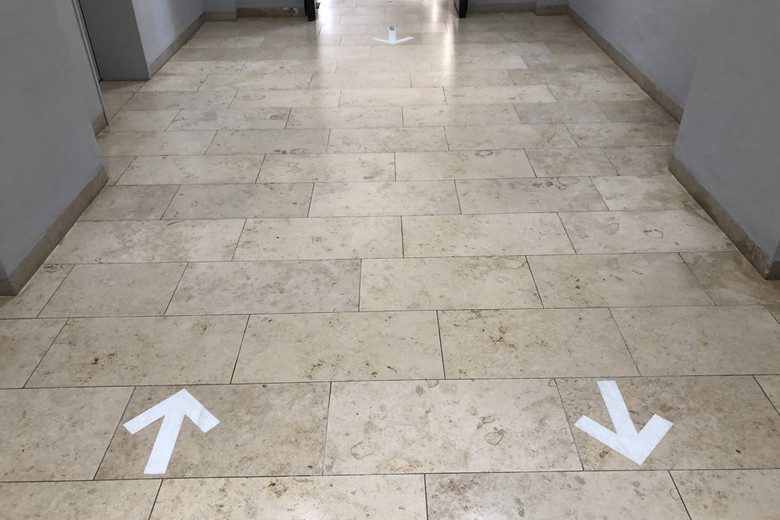
The authority of the literary text has become critical. Elfriede Jelinek repeatedly emphasises the relationship between text and staging. For example, at the beginning of her play "Sports Play" (1998) she writes: "The author does not give many instructions, she has learnt that by now. Do what you want."



«Exit, pursued by a bear»
The number of plots that can be created by a literary text is potentially infinite. Two famous stage directions are examples of the range of possible transformations: one is William Shakespeare's short stage direction in his play "The Winter's Tale", which premiered in 1611. The third act reads: "Exit, pursued by a bear". Literary and theatre scholars are still racking their brains over the details of how Shakespeare's stage direction should be interpreted and how it was implemented on the Elizabethan stage in the 17th century. Audiences familiar with the play have also been waiting for over 400 years to see how the brief statement in the third act is realised in the production of "The Winter's Tale".


«Atlanta burns»
A second 'celebrity' among the stage directions is not written down, but is passed down orally among film-makers. The two-word stage direction "Atlanta burns" refers to the information about the city burning down in the script for the film "Gone with the Wind", which was produced in 1938 and released in 1939. This was a literary film adaptation of the novel of the same name by Margaret Mitchell (1936). The realisation of the city of Atlanta sinking into an inferno not only cost enormous sums of money, but also required weeks of preparation and the highest safety precautions on the set. When the scene was shot, 16 hectares of land and equipment from other films such as "King Kong" and "The Garden of Allah" went up in flames. The stage direction "Atlanta burns" is used as an inside joke in the film industry. The two words, which are not in the original script, are used to draw attention to the fact that the filming time and effort required for a scene are not necessarily dependent on the length of the text in the script. Two words can cost millions.




Two words - and a city burns, a bear's appearance - and over 400 years of guesswork. On the one hand, these two examples of famous stage direction illustrate the power of language and writing. On the other hand, they draw attention to the unpredictability of the effects that writers have to reckon with when they use writing to control an event.
Text by Serge Honegger: Excerpt from the study «Lenkung und Ablenkung» (Control and Deflection), Schwabe-Verlag Basel, 2019, p. 17 and 18